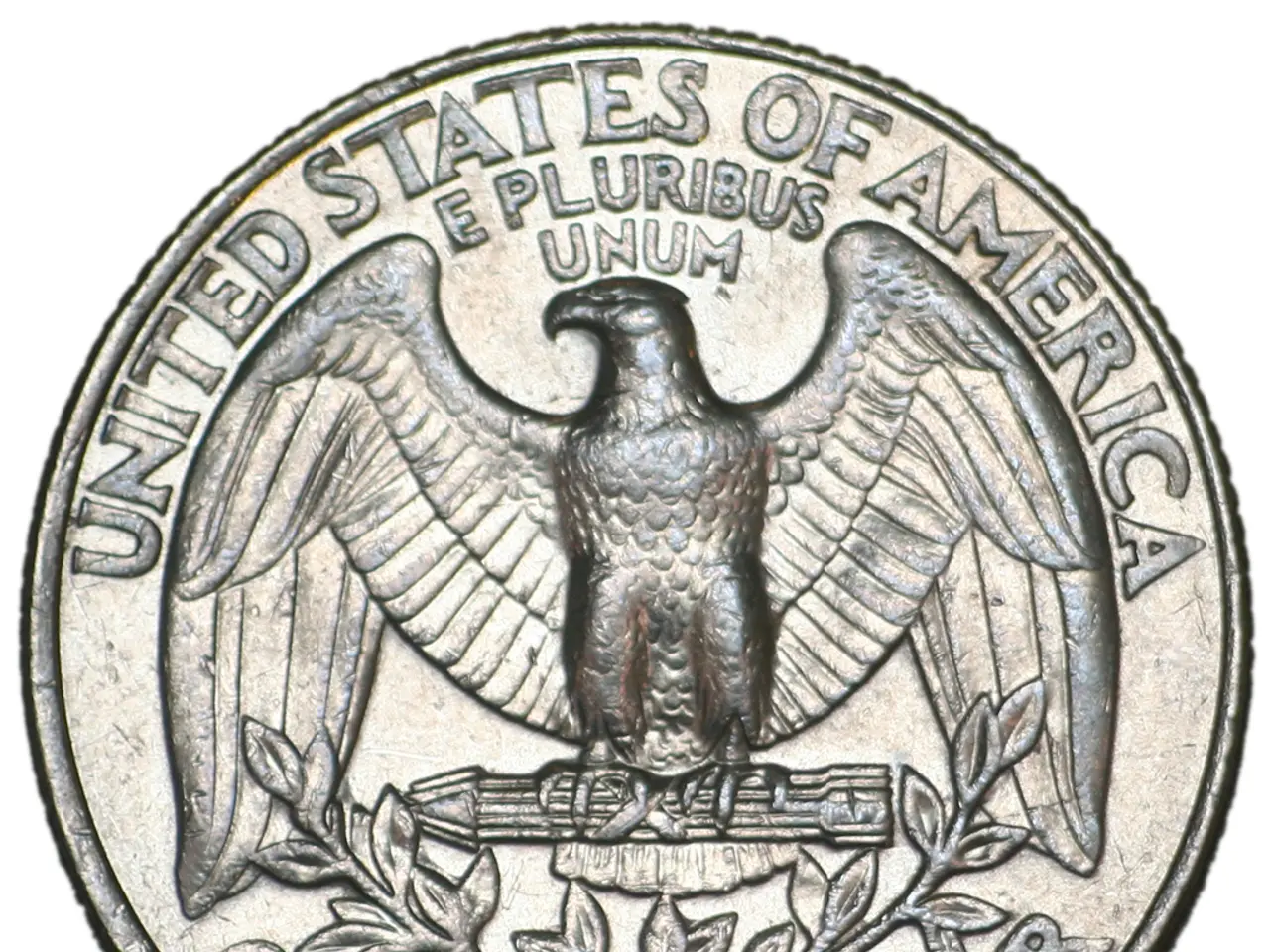Human Innovation Cannot Be Overthrown by AI: An Examination of Potential Perils
Streamlined Warning: Tread cautiously when considering AI for patent drafting. While the allure of automation is tempting, the patent landscape presents several risks and challenges that demand close attention. Here's a no-frills look at five potential pitfalls to be aware of when utilizing AI for patent drafting, and why human involvement remains indispensable.
The fascination with AI's alleged efficiency might be hard to resist, but its drawbacks are worth considering. Patent crafting calls for ingenuity, judgment, and a deep understanding of the law - qualities machines can't replicate. Let's not let our technology enchantment undermine the principles guarding innovation.
AI-assisted Patent Drafting: Proceed with Caution
Potential Pitfalls
#1 - Overwhelmed Examiners
The disclosure of an AI's role can lead to heightened scrutiny by examiners, which may result in prolonged proceedings, causing financial strain for applicants, especially startups and small businesses.
#2 - Limited Creativity
AI excels in automating repetitive tasks, but in the core activity of patent creation, its limits become apparent. AI may generate standard, obvious solutions due to its data-dependence, potentially hindering disruptive innovations.
#3 - Competitive Disadvantage
Countless businesses invest heavily in AI-generated patents, hoping to create a competitive barrier. However, these patents may prove ineffective because they lack originality and often resemble existing ideas, leaving businesses vulnerable in a swiftly evolving market.
#4 - Confidentiality Breaches
The threat of confidentiality breaches looms large when using AI, as some AI systems rely on third-party platforms that may pose security concerns. Even if the data isn't stored, AI models can still learn from interactions, potentially exposing sensitive information.
#5 - Regulatory Uncertainty
As laws continue to evolve, the use of AI in creating patents introduces uncertainty that businesses must confront. Future regulations could weaken or invalidate patents generated with AI, putting businesses at risk of losing their competitive edge.
Bottom Line
AI's promise of efficiency may seem enticing, but patent drafting requires human oversight and understanding. The allure of automation should not replace the importance of ingenuity, judgment, and a deep comprehension of the law in the world of patents. Don't let technological enchantment erode the very principles we rely on to protect innovation.
In the realm of AI-assisted patent drafting, caution is advised not to overlook potential challenges. The disclosure of AI involvement could lead to rigorous examiner scrutiny, extending proceedings and causing financial distress, particularly in startups and small businesses. AI's limited creativity might hinder the development of disruptive innovations, as it tends to generate standard solutions based on data. Such AI-generated patents, while numerous, could provide a competitive disadvantage due to their similarity to existing ideas.
Data confidentiality is another concern, as AI's dependence on third-party platforms increases the risk of breaches, exposing sensitive information. Furthermore, regulatory uncertainty looms large, as laws evolve in response to AI use in patent creation. Future regulations could invalidate patents generated with AI, threatening businesses' competitive edge.
In light of these pitfalls, the importance of human oversight in patent drafting cannot be overstated. Ingenuity, judgment, and a deep understanding of the law are irreplaceable qualities in the patent landscape. Therefore, relying solely on technological allure to replace human involvement would risk eroding the principles that protect innovation.




